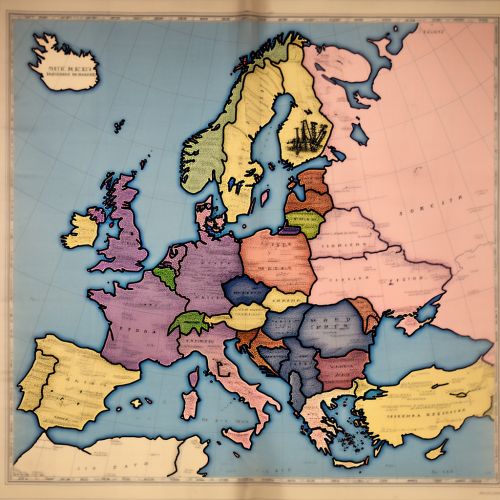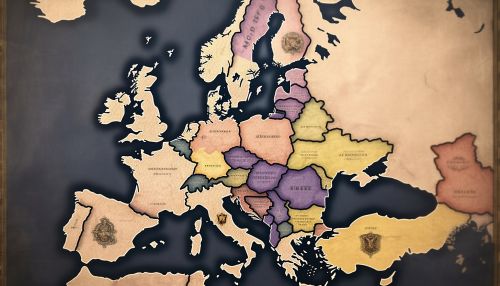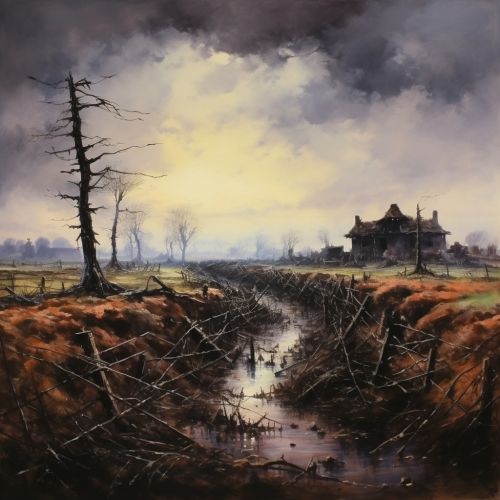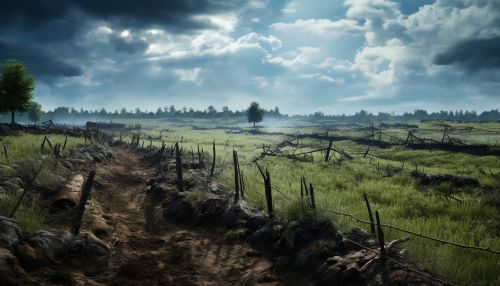World War I
Origins
The origins of World War I can be traced back to the late 19th and early 20th centuries. The complex web of alliances, rivalries, and conflicts between the major powers of Europe, including the Triple Entente of France, Russia, and the United Kingdom, and the Central Powers of Germany and Austria-Hungary, set the stage for a large-scale conflict.


Causes
The immediate cause of World War I was the assassination of Archduke Franz Ferdinand of Austria-Hungary by a Serbian nationalist in June 1914. However, this event was merely the spark that ignited a powder keg of long-standing political and military tensions, economic and imperial competition, and nationalistic fervor.
Course of the War
World War I was characterized by trench warfare, with both sides digging extensive networks of trenches and fortifications along the Western Front and the Eastern Front. The war also saw the first large-scale use of chemical weapons, notably poison gas, and marked the advent of total war, with civilian populations and economies mobilized to support the war effort.
Major Battles
Some of the major battles of World War I include the Battle of the Marne, the Battle of Verdun, and the Battle of the Somme on the Western Front, and the Battle of Tannenberg and the Brusilov Offensive on the Eastern Front.
Technology and Tactics
World War I saw significant advances in military technology and tactics. The widespread use of machine guns, artillery, and poison gas transformed the nature of warfare, while the advent of tanks, aircraft, and submarines introduced new dimensions to the battlefield.


Home Fronts
The war had a profound impact on the home fronts of the belligerent nations. Governments took unprecedented steps to control their economies and societies, including the introduction of conscription, censorship, and rationing. The war also led to significant social changes, including the increased role of women in the workforce and the emergence of new political movements.
Aftermath
The aftermath of World War I was marked by political, economic, and social upheaval. The Treaty of Versailles, which formally ended the war, imposed harsh terms on Germany and has been widely criticized for sowing the seeds of World War II. The war also led to the collapse of empires, the redrawing of national boundaries, and the emergence of new ideologies, notably communism and fascism.
Legacy
World War I had a profound and lasting impact on the world. It marked the end of the old European order, reshaped the political map of the world, and set the stage for the major conflicts and political developments of the 20th century.
